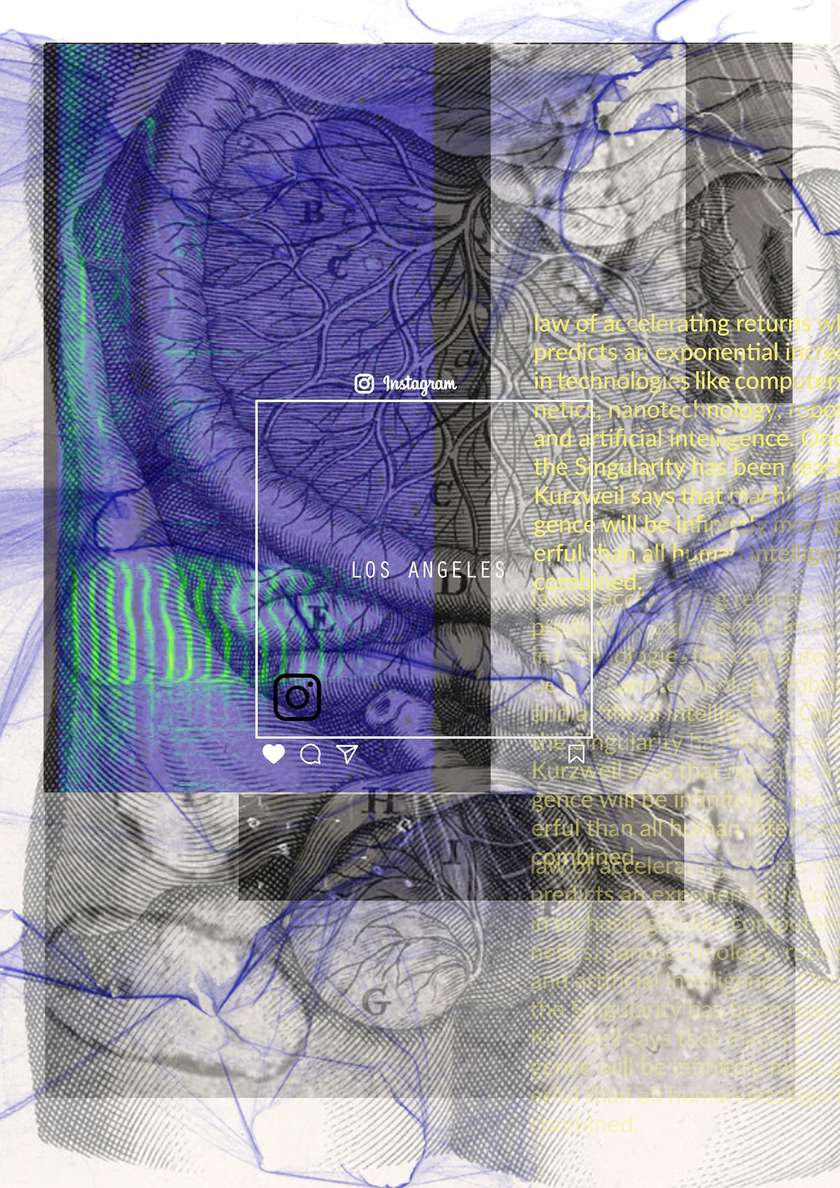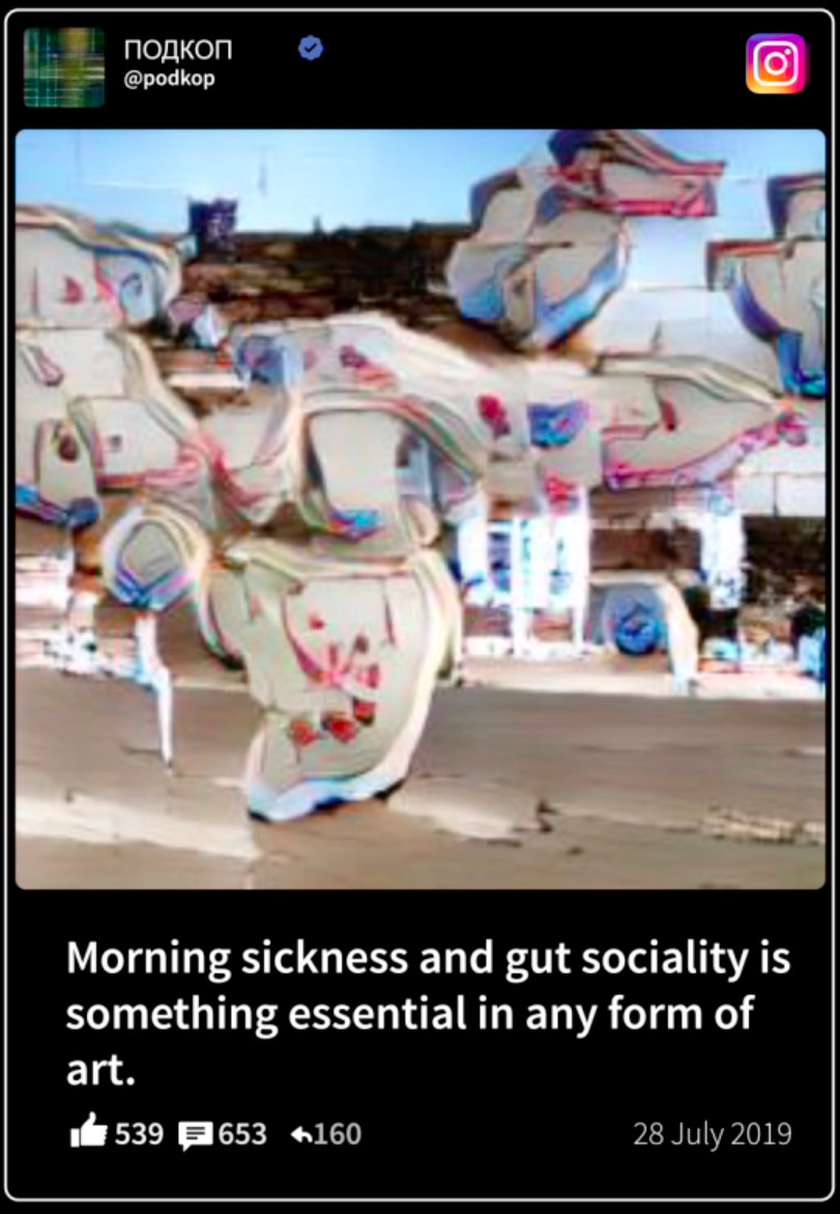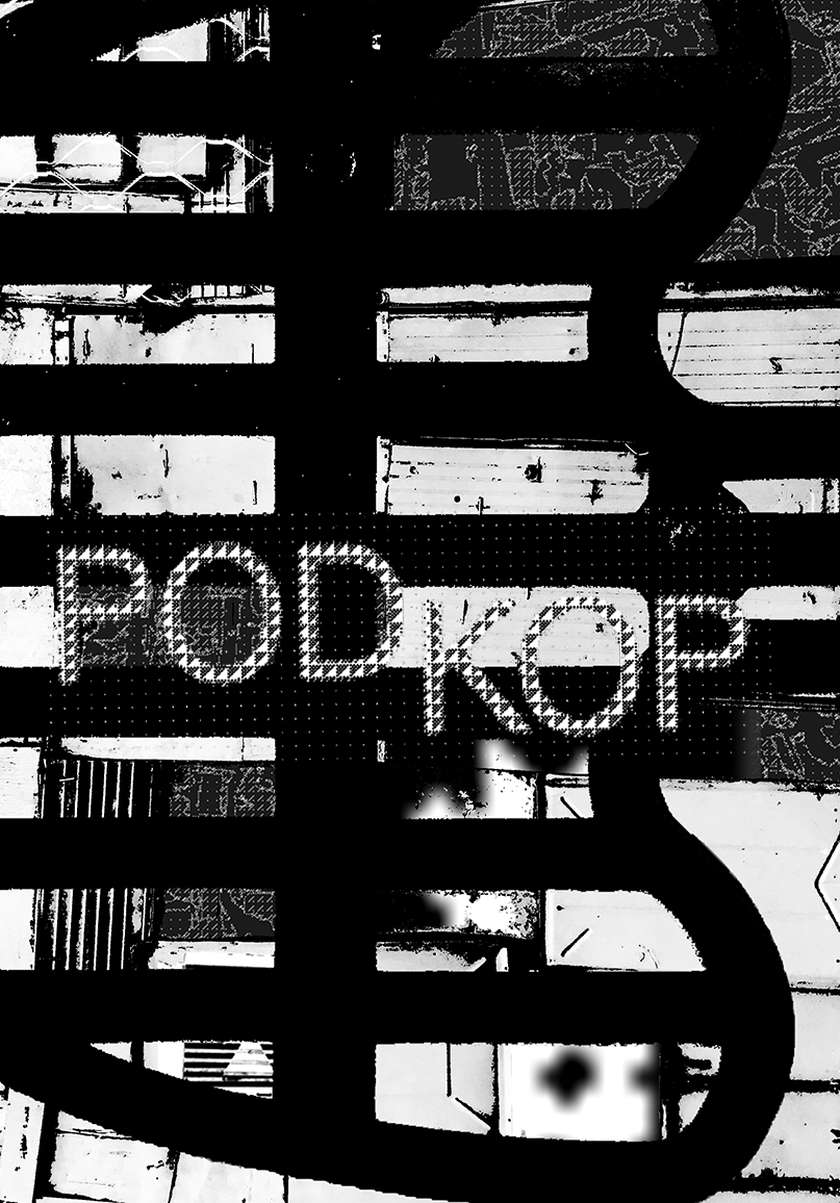Idea by
Tony Yanick, Valdis Silins, Nataliya Tyshkevich, Hira Zuberi
Call for ideas 2020
Podkop
Podkop
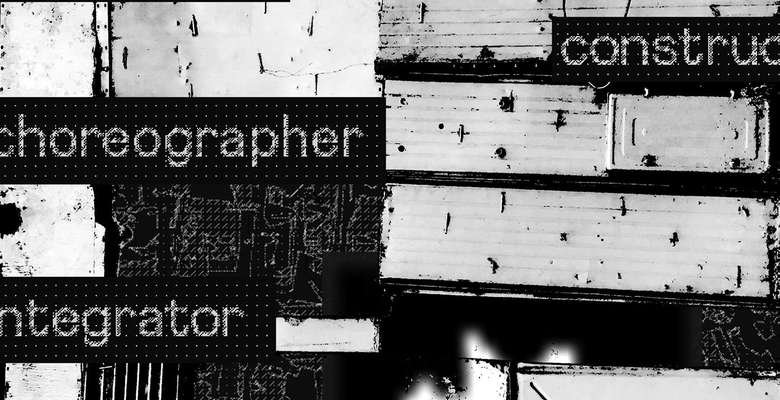
- New alliances
Podkop operates at the scale of the city, taking inputs from the sensors of the smart city and transforming them into interactive fictions propagated across media platforms. While users might believe they’re the ones playing a game, in reality it’s the system that’s using the users as its own game. The interactive fictions are built from GPT2 models with training data from historical, cosmological, and philosophical texts. Over time these models develop synthetic personalities from the cross-contamination of archival sources used to train them. Hybrid languages that combine disciplines, genres, and times to produce something fundamentally new and different – an uncanny poetics of synthetic prehension.
In addition to its poetic implications, the proposal raises ethical questions for architecture about what it will mean to design semi-autonomous agents at urban-scale. It compels a shift in perspective from the design of things to the design for their environmental conditions.
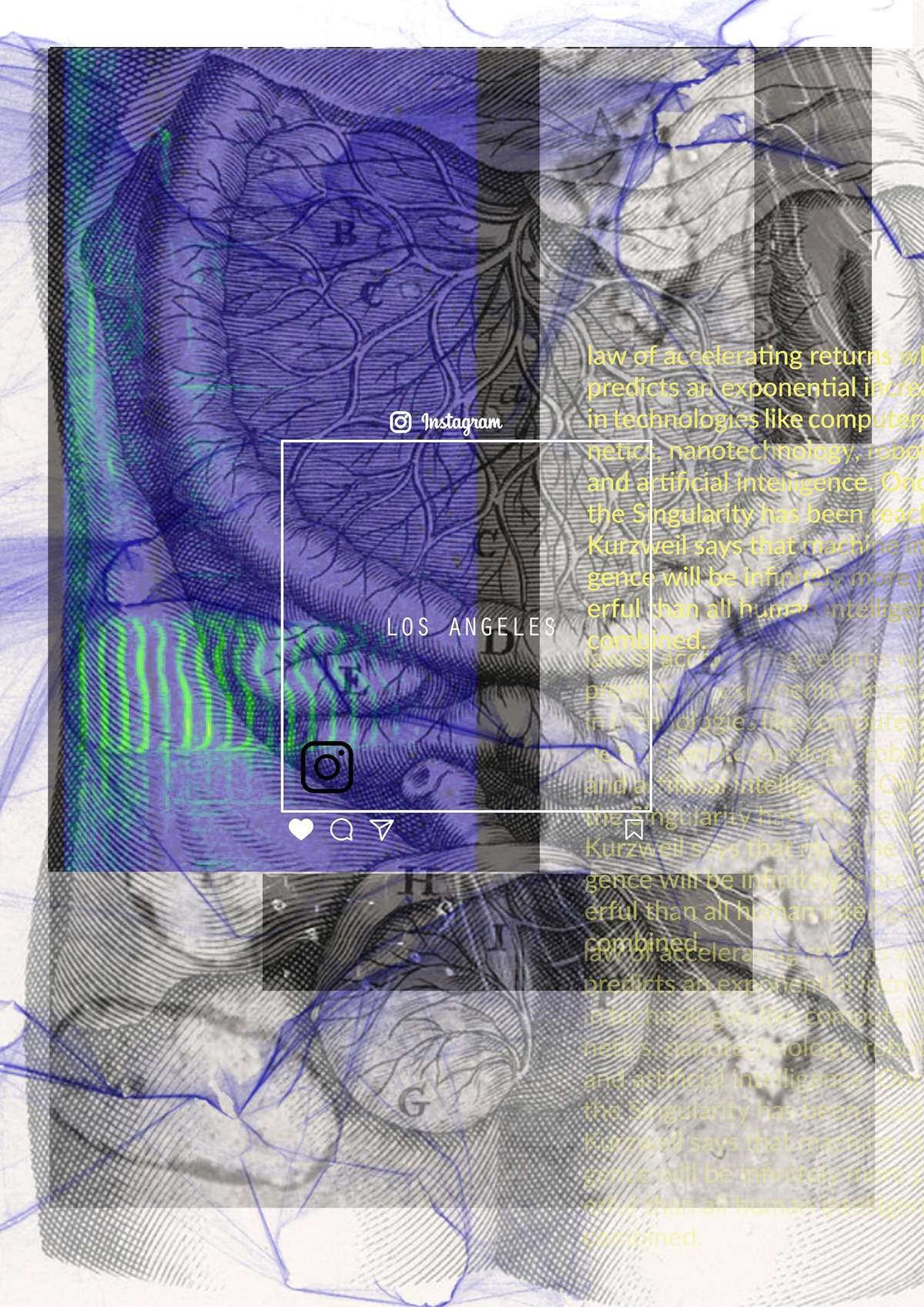
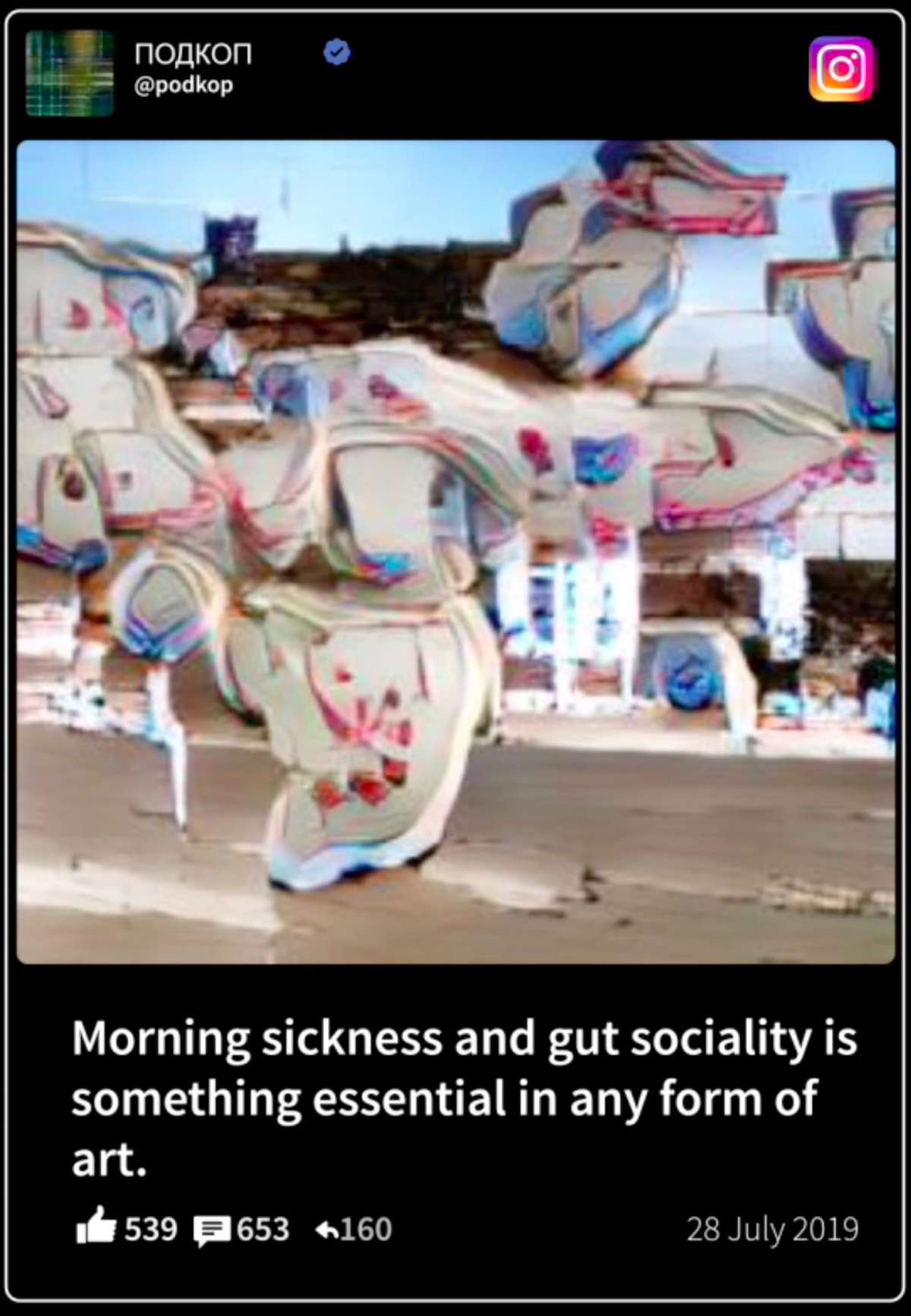
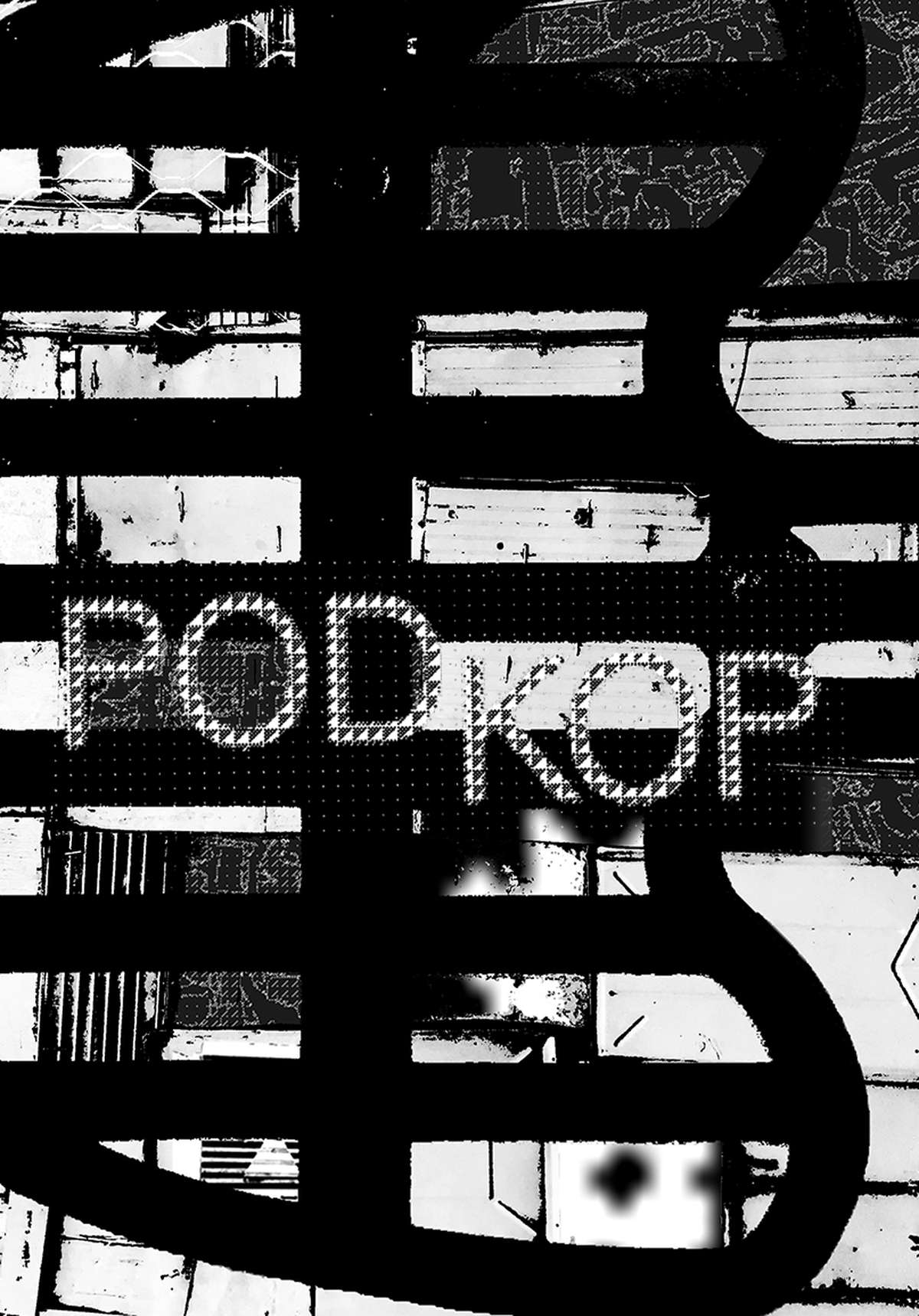
Podkop
Podkop

- New alliances
Podkop operates at the scale of the city, taking inputs from the sensors of the smart city and transforming them into interactive fictions propagated across media platforms. While users might believe they’re the ones playing a game, in reality it’s the system that’s using the users as its own game. The interactive fictions are built from GPT2 models with training data from historical, cosmological, and philosophical texts. Over time these models develop synthetic personalities from the cross-contamination of archival sources used to train them. Hybrid languages that combine disciplines, genres, and times to produce something fundamentally new and different – an uncanny poetics of synthetic prehension.
In addition to its poetic implications, the proposal raises ethical questions for architecture about what it will mean to design semi-autonomous agents at urban-scale. It compels a shift in perspective from the design of things to the design for their environmental conditions.
